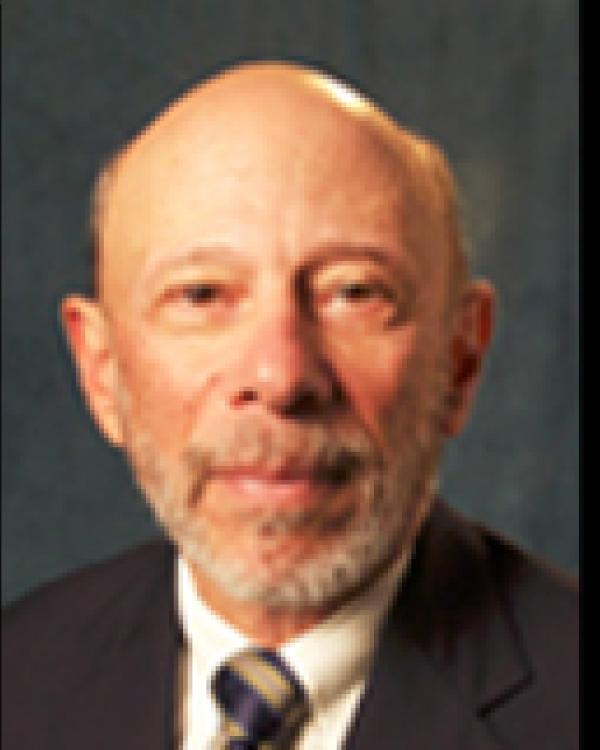
Manny Casas, Bruce Wampold, and Roger Worthington (l-r) deliver 2014 APA Convention plenary addresses
Emeriti professor J. Manuel Casas and alumni Bruce Wampold and Roger Worthington of the Gevirtz School at UC Santa Barbara will present invited plenary sessions as part of the 2014 American Psychological Association (APA) Conference in Washington, D.C. August 7-10. Plenary sessions highlight prominent speakers and current issues and topics in psychology: Casas’ and Wampold’s presentations will be part of the convention theme “Psychology and the Public Good” while Worthington’s will be part of the theme “Controversies and Difficult Dialogues in Psychology.” The trio of scholars represents three generations of the Counseling Psychology program at UC Santa Barbara that is currently part of the Department of Counseling, Clinical and School Psychology.
Wampold will present the session “Evidence for a Humanistic Understanding of Psychotherapy” on Friday, August 8 from 3-3:50 pm. This session presents evidence suggesting psychotherapy is effective because it utilizes evolved human characteristics that lead to healing by social means. This evidence has consequences for practice and policy. Casas will present the session “Caution: Immigration Can Be Harmful to Your Mental Health,” on Saturday, August 9, from 3-3:50 pm. The United States has the largest number of immigrants in its history, and a significant number of these immigrants face psychological problems. This presentation identifies such problems and addresses barriers to dealing with them and principles for effectively treating them. Worthington will present the session “Difficult Dialogues: Promoting Civil Discourse in a Culture of Incivility” on Saturday, August 9, from 3-3:50 pm. Difficult dialogues are planned, purposeful educational interactions between individuals with divergent attitudes, beliefs, values, backgrounds, perspectives, and/or worldviews about complex social and moral dilemmas or controversies. All plenary sessions are scheduled in the Walter E. Washington Convention Center.
“These invited plenary presentations are quite an honor,” Dr. Casas says. “They demonstrate the high quality of training provided by the Counseling Psychology program to outstanding students who are excelling in their chosen areas of interest.”
J. Manuel Casas received his doctorate from Stanford University in counseling psychology. He is professor emeritus in the Department of Counseling, Clinical, and School Psychology at UC Santa Barbara. Casas has published extensively (over 150 publications), and he is the coauthor of the Handbook of Racial/Ethnic Minority Counseling Research and one of the editors of the three editions of the Handbook of Multicultural Counseling. His recent endeavors focus on the psychological impact of immigration on Latino families. Casas was honored as a distinguished scholar in the field of Chicana/o psychology by the Julian Samora Research Institute. He has also been honored as a fellow of APA Divisions 17 and 45 and the Rockefeller Foundation. He has received the California Association of School Psychologists’ Research Award, the Distinguished Contributions to Latino Psychology Award, and the 2010 Elder Recognition Award for Distinguished Contributions to Counseling Psychology, as well as the National Multicultural Conference and Summit’s Distinguished Elders Award.
Bruce E. Wampold trained in mathematics at the University of Washington before earning his doctorate in counseling psychology at UC Santa Barbara in 1981. He is the Patricia L. Wolleat Professor of Counseling Psychology at the University of Wisconsin–Madison, as well as director of the Research Institute at Modum Bad Psychiatric Center in Vikersund, Norway. His work, which involves understanding psychotherapy from empirical, historical, and anthropological perspectives, has led to the development of a contextual model of psychotherapy and is summarized in the forthcoming volume, The Great Psychotherapy Debate (Revised Edition, Routledge). He is a fellow of the APA, a diplomat in counseling psychology of the American Board of Professional Psychology, the recipient of the 2007 Distinguished Professional Contributions to Applied Research Award from the APA, and an Honorary Doctor in the Social Sciences, Stockholm University.
Roger L. Worthington received his doctorate in counseling psychology from UC Santa Barbara in 1995. He is a professor at the University of Missouri, with a joint appointment in counseling psychology and higher education, a fellow of the APA, and chair of the board of directors for the emerging Difficult Dialogues National Resource Center. Since 2006, Worthington has been the principal investigator and project director of the MU Difficult Dialogues Program, a project funded by three prestigious Ford Foundation grants. He was the assistant deputy chancellor and chief diversity officer at the University of Missouri from 2006 to 2011. During that time, he was also a founding member of the board of directors for the National Association of Diversity Officers in Higher Education. He is currently the editor of the Journal of Diversity in Higher Education.